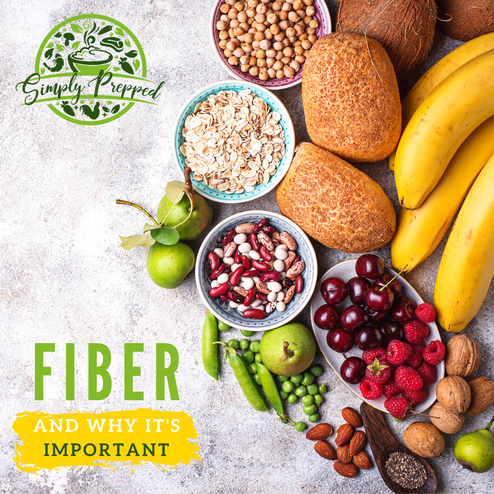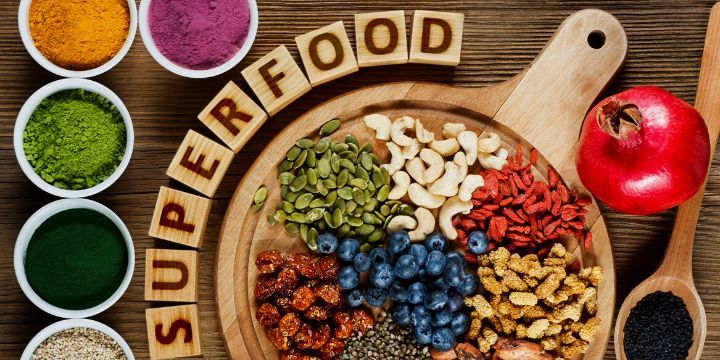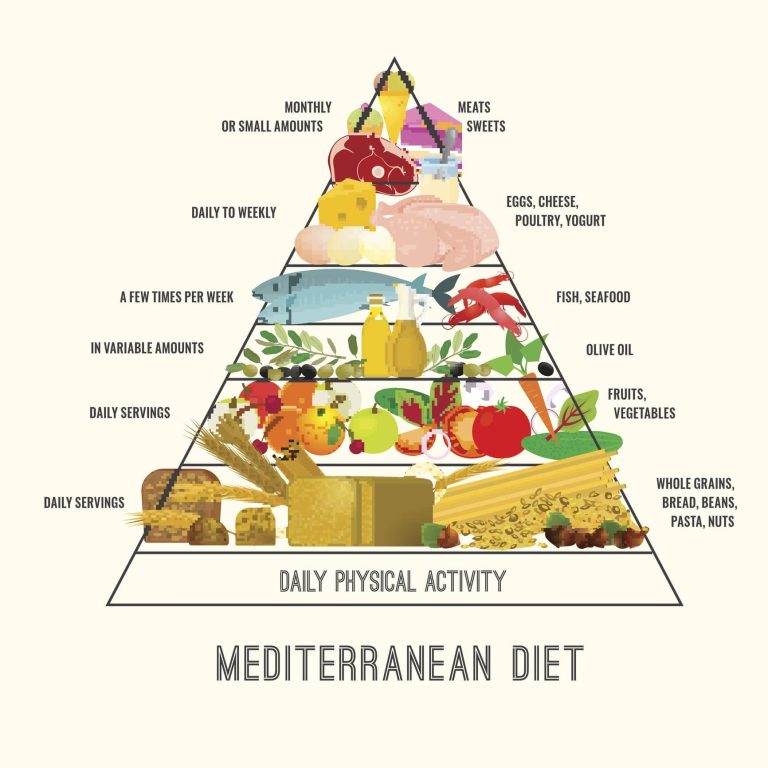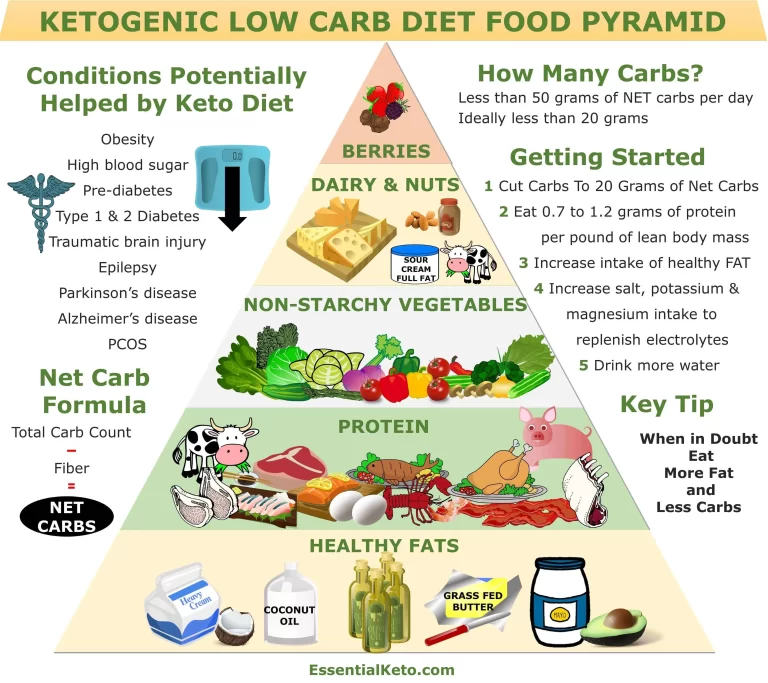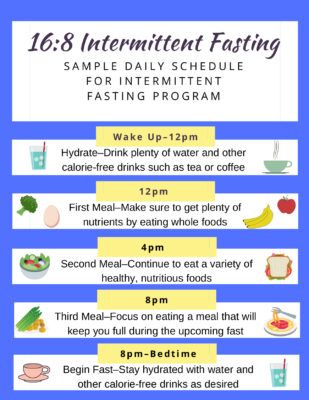Fiber is an essential nutrient that plays a vital role in maintaining good health. It is a carbohydrate that cannot be digested or absorbed by the body, but it offers numerous health benefits. Including fiber-rich foods in your diet is crucial for a well-balanced and nutritious eating plan. In this article, we will explore the importance of fiber and how it can positively impact your overall well-being.
What is Fiber?
Fiber is a type of complex carbohydrate found in plant-based foods such as fruits, vegetables, whole grains, legumes, nuts, and seeds. Unlike other carbohydrates, fiber cannot be broken down by digestive enzymes in the body, meaning it passes through the digestive system mostly intact. There are two main types of fiber: soluble and insoluble.
Soluble Fiber
Soluble fiber dissolves in water, forming a thick gel-like substance in the intestines. This type of fiber can help lower cholesterol levels, control blood sugar levels, and improve overall heart health. Foods rich in soluble fiber include oats, barley, lentils, beans, peas, fruits, and vegetables.
Insoluble Fiber
Insoluble fiber does not dissolve in water and adds bulk to the stool, aiding in regular bowel movements and preventing constipation. It promotes a healthy digestive system by preventing the buildup of waste products. Whole grains, wheat bran, nuts, seeds, and the skins of fruits and vegetables are excellent sources of insoluble fiber.
The Benefits of Fiber
Adding fiber to your diet can provide numerous health benefits, including:
1. Promoting Digestive Health
Fiber plays a key role in maintaining a healthy digestive system. It adds bulk to the stool, preventing constipation and promoting regular bowel movements. Adequate fiber intake reduces the risk of developing gastrointestinal disorders such as diverticulitis and hemorrhoids.
2. Weight Management
Fiber-rich foods are generally low in calories and high in volume, which helps you feel full and satisfied. By including more fiber in your diet, you may consume fewer calories overall, aiding in weight management and preventing overeating.
3. Controlling Blood Sugar Levels
Soluble fiber slows down the absorption of sugar into the bloodstream, which helps regulate blood sugar levels. It can be particularly beneficial for individuals with diabetes or those at risk of developing the condition.
4. Lowering Cholesterol Levels
Consuming soluble fiber can help reduce LDL (bad) cholesterol levels in the blood. It does so by binding to cholesterol particles and eliminating them from the body. By lowering cholesterol, fiber can contribute to a healthier heart and reduce the risk of heart disease.
5. Supporting Heart Health
High-fiber diets have been associated with a reduced risk of developing cardiovascular diseases. The combination of lowering cholesterol, controlling blood sugar levels, and maintaining a healthy body weight contributes to overall heart health.
How to Incorporate Fiber into Your Diet
Increasing your fiber intake doesn’t have to be complicated. Here are some simple ways to add more fiber to your diet:
1. Choose Whole Grains
Opt for whole grain bread, pasta, cereals, and rice instead of their refined counterparts. Whole grains retain the bran and germ, which are rich in fiber, vitamins, and minerals.
2. Eat Plenty of Fruits and Vegetables
Include a variety of fruits and vegetables in your daily meals. These plant-based foods contain both soluble and insoluble fiber, providing multiple health benefits.
3. Embrace Legumes
Legumes such as beans, lentils, and chickpeas are excellent sources of fiber. Incorporate them into soups, stews, and salads for a nutritious and fiber-rich meal.
4. Snack on Nuts and Seeds
Snack on a handful of nuts and seeds like almonds, walnuts, chia seeds, and flaxseeds. They not only provide fiber but also offer healthy fats and essential nutrients.
5. Be Mindful of Food Preparation
When cooking vegetables, it’s best to leave the skin on whenever possible, as it contains a significant amount of fiber. Additionally, steaming or lightly cooking vegetables can help retain more fiber than boiling.
In conclusion, fiber is an essential component of a healthy diet. It contributes to various aspects of your well-being, promoting digestive health, weight management, controlled blood sugar levels, lower cholesterol, and overall heart health. By incorporating fiber-rich foods into your daily meals, you can easily reap the benefits and enjoy a healthier lifestyle.
